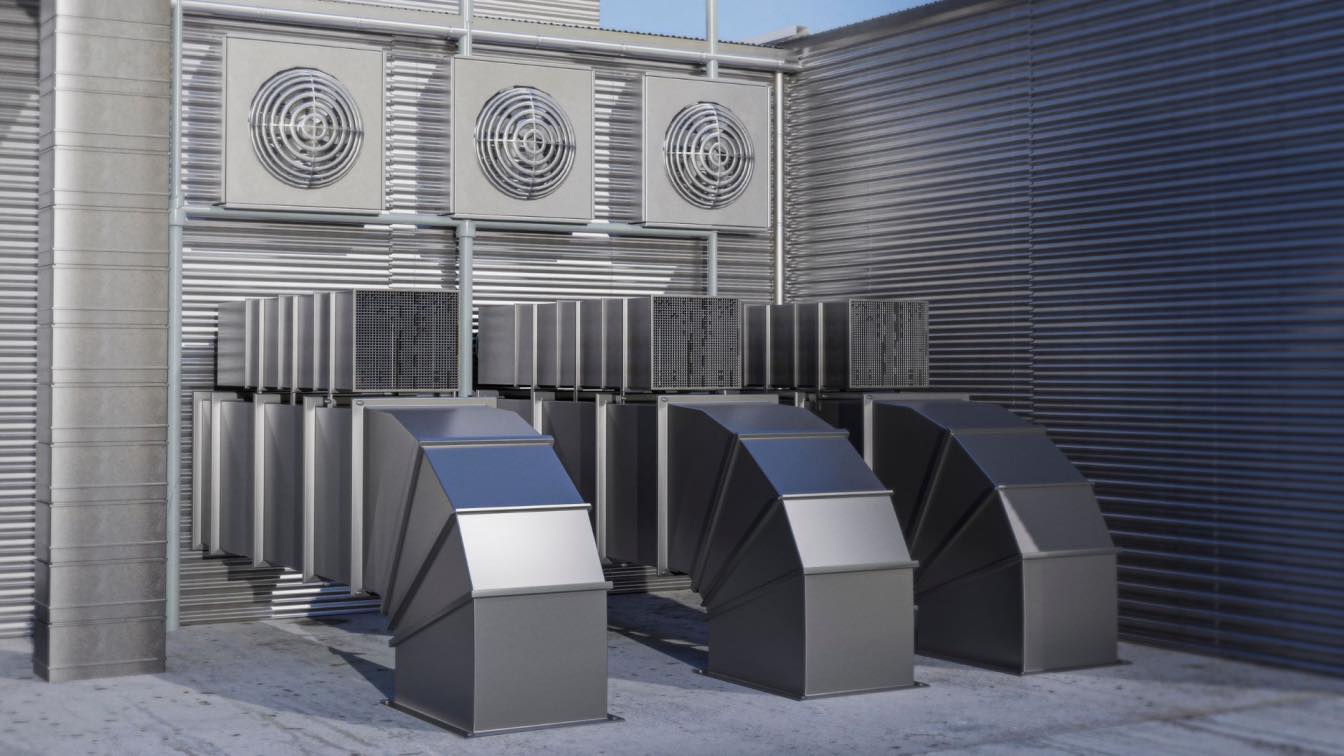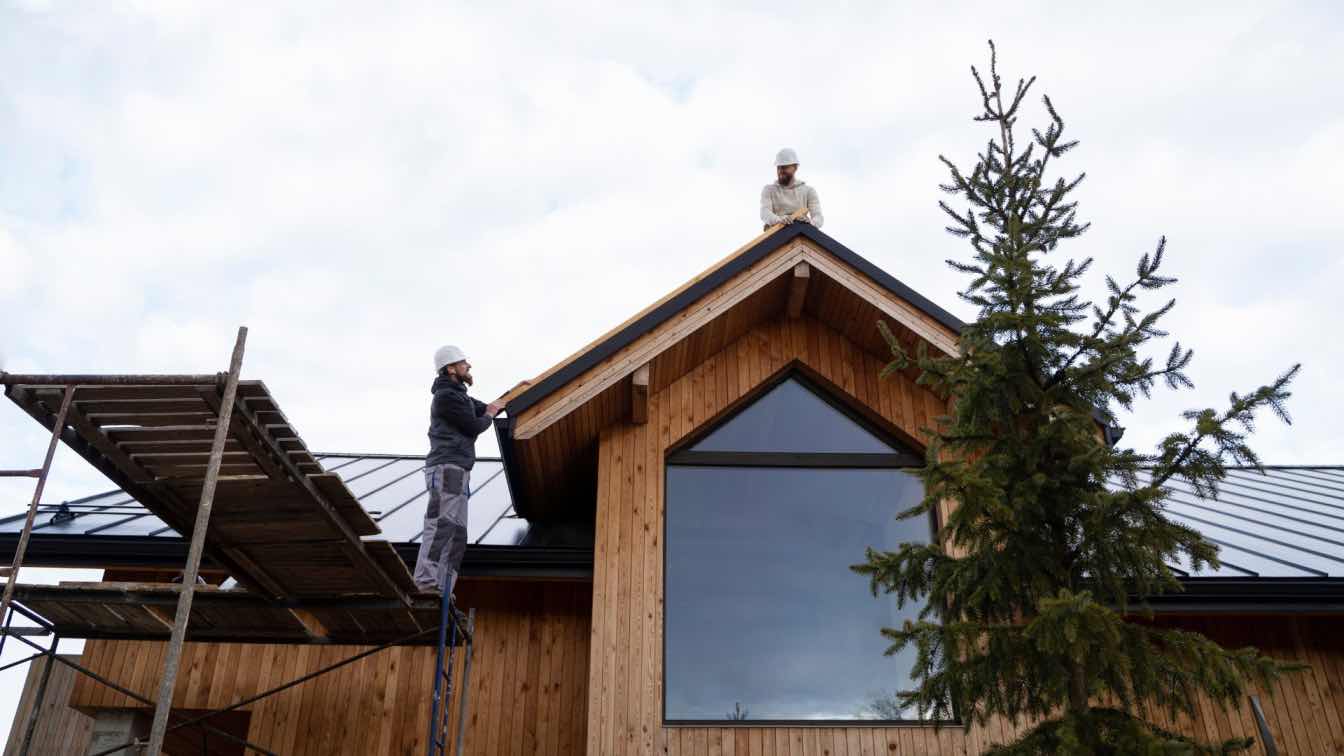With the current inflation, homeowners can expect to see a dramatic increase in their utility bills, especially their energy costs. According to a Canadian energy analyst, consumers could see their bills rise by at least 50%, which would really take a toll on their wallets. Because of this, many are looking for ways to save on their monthly utility payments by reducing overall consumption. A good place to start is by investing in a high-efficiency HVAC system.
In general, the heating and cooling system is often regarded as the most power-sucking appliance in homes. They account for almost half of the home’s energy consumption, and that number could easily increase if the HVAC system is old or is experiencing some malfunctions that are preventing it from operating properly. So, by purchasing a high-efficient unit, you will be able to reduce your monthly energy costs and also reap other benefits.
To gain a better understanding of the matter, read our guide and learn how a high-efficiency heating and cooling system can help you save money.
Regular HVAC maintenance is important
Scheduling regular HVAC maintenance is crucial for enhancing performance and reducing energy bills. HVAC units are complex systems that consist of numerous parts that need to work properly to provide homeowners with the right benefits.
Because of this, it is advised that you hire professionals to maintain your HVAC system. They possess the right knowledge, skills, and tools to inspect your unit thoroughly and check to see if there are any potential malfunctions or safety issues that need to be addressed immediately.
For example, if you live in the capital city of Canada and want to perform a furnace tuneup, you should look for the best furnace companies Ottawa has to offer to find HVAC technicians who will service and maintain your unit for a fair price.
Understanding the HVAC efficiency ratings
If you are planning to purchase a new HVAC system, it is imperative that you look at the unit’s energy efficiency ratings. For example, air conditioners are rated with what is commonly known as a seasonal energy efficiency ratio, or SEER. The ratio is governed by the federal Energy Efficiency Regulations and should range between 13 and 21 in order for a unit to be considered high-efficient.
Another type of rating that is used to determine the efficiency of an HVAC system is AFUE (Annual Fuel Utilization Efficiency). This is the standard measurement that is used to calculate the efficiency of furnaces, which should be a minimum of 80%. In addition, the heating seasonal performance factor (HSPF) is used for measuring the efficiency of heat pumps, which needs to be at least 8.5.
Other benefits of a high-efficiency HVAC system
In addition to helping you save on your monthly energy bills, a high-efficiency HVAC system can also provide you with additional benefits. Some of the most notable include improved indoor air quality, consistent heating and cooling, and increased home comfort.
For example, one of the best things about high-efficiency HVAC units is that they have excellent filtration and air purification technology that helps trap airborne contaminants such as dust, mold, pollen, and other allergens that pollute the indoor air. For optimal performance, these filters need to be cleaned regularly so they don’t get clogged because that could reduce the efficiency of the unit and also increase energy bills.
Also, high-efficiency HVAC systems offer consistent heating and cooling by maintaining a home’s ideal temperature and humidity level, which can also help you save money.
Effective ways to save on your energy bills
Even if you have a high-efficiency HVAC system installed in your home, there are some effective ways you can employ to further reduce your energy bills. These include:
- Checking and changing the air filter;
- Installing a programmable or smart thermostat;
- Insulating your living space;
- Keeping your vents clear and clean;
- Cleaning your HVAC ducts.
For example, upgrading your thermostat will certainly provide you with more energy savings. If you choose a programmable thermostat, you can set the temperatures lower or higher depending on your needs and the thermostat will automatically adjust the temperature based on your set schedule. On the other hand, smart thermostats are more advanced and allow you to adjust the temperatures using your phone.
 image © Board & Vellum
image © Board & Vellum
Final thoughts
If you are thinking about installing an HVAC system in your home, it is advised that you look for a high-efficient one. This will provide you with many benefits, with the most important ones being reduced energy bills and improved comfort levels.
For more information, refer to our post and learn how a high-efficiency HVAC system can benefit you financially and personally.





